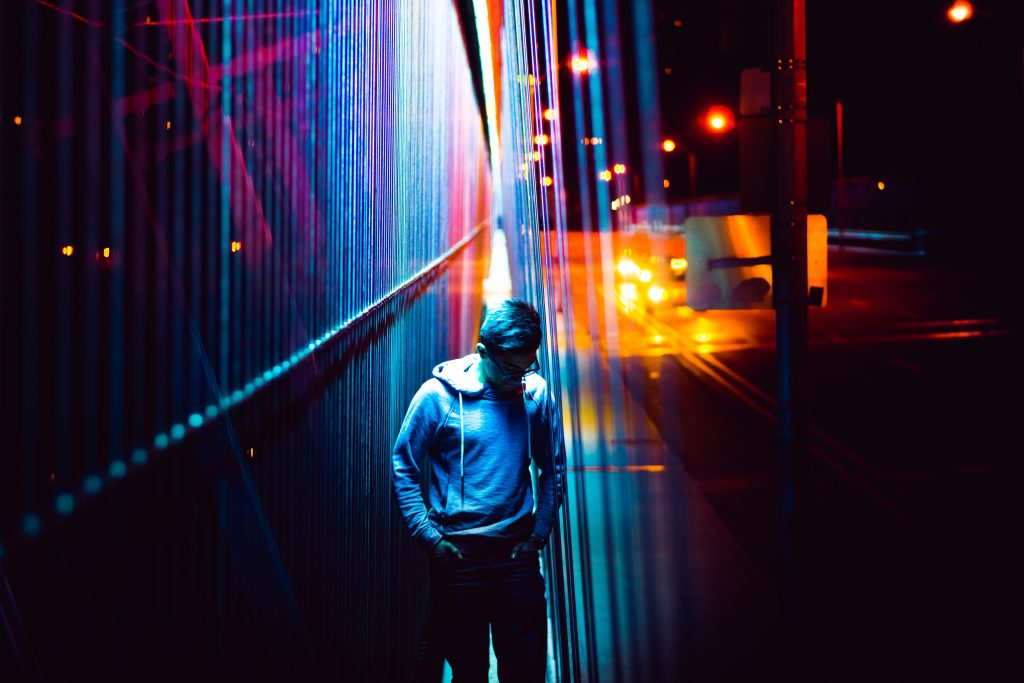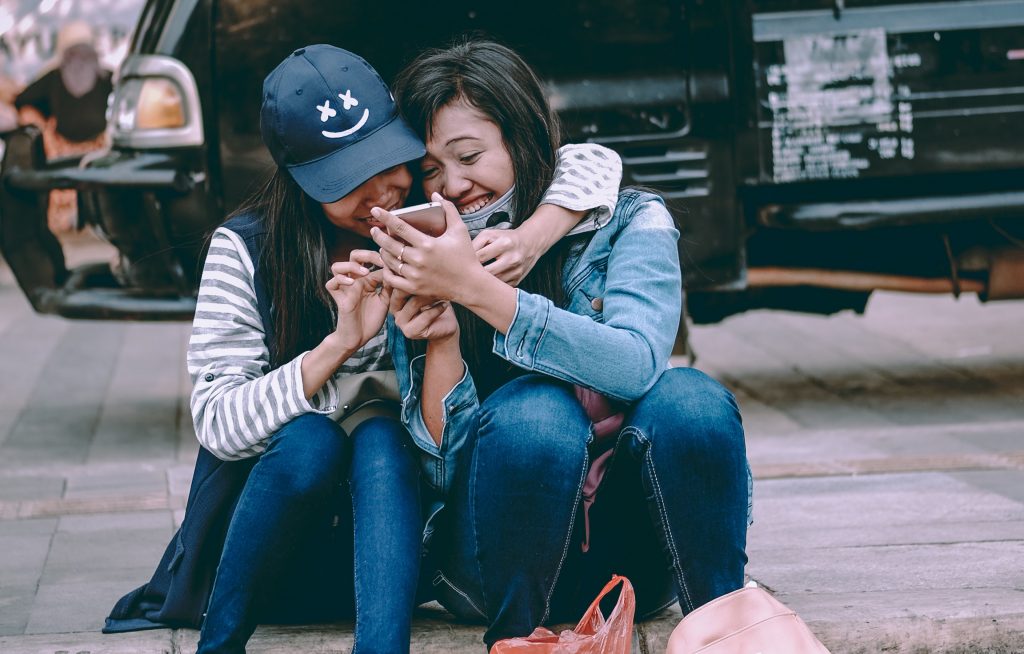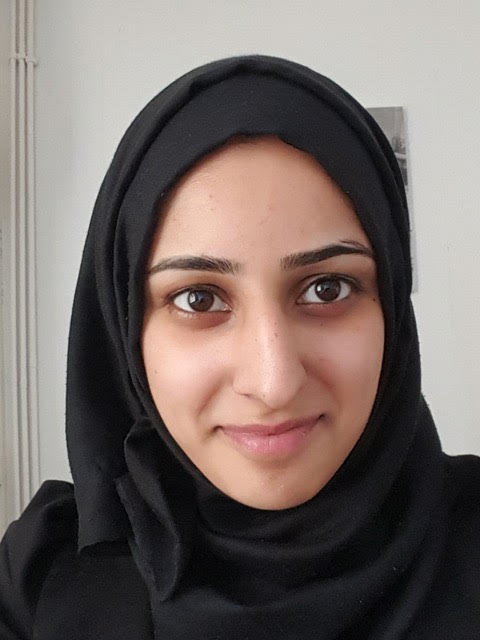Britain is a diverse nation – home to individuals of different nationalities, backgrounds, religions and beliefs.
Yet, recent statistics reveal that more than 1,000 hate crimes, based on race and religion, have taken place near British schools in the last two academic years. There’s been an increase in the number of hate crimes on railways and most Britons think ethnic minorities threaten British culture.
Hate crimes present a huge problem as they undermine inclusion and equality through violating human dignity and worth.
Diversity – The Human Rights Dimension
Image Credit: Ali Yahya / Unsplash
The essence of our basic human rights is that we’re all born free, with equal rights and dignity. A multicultural and diverse Britain, that values tolerance and individual liberty, helps to create an environment where people can realise their human rights. Each of us has a right to choose how we live our lives, and to hold any religion, or none.
To that end, the fundamental principle of equality and non-discrimination, as found in Article 14 of the Human Rights Convention, is significant. More specifically, Article 8 of the Human Rights Convention expressly protects our right to a private and family life, and Article 9 protects the right to hold certain beliefs and to practice them, in public or private.
We’re fortunate to have a legal framework that fosters equality and fairness in society and upholds the rule of law by allowing individuals to challenge potential breaches of rights through the courts. The problem, however, is that hate crimes persist despite this framework, undermining these principles and creating divisions in society.
The Effects of Hate Crime

Image credit: Warren Wong / Unsplash
Worryingly, hate crimes around schools and colleges have soared. Of the 919 hate crimes reported last year, a staggering 71% crimes were racially motivated and approximately 9% were linked to religion.
Hate crimes can have a devastating impact on communities. In schools, children and young people can be subjected to physical and psychological violence, leaving them scared, isolated and at risk of mental ill health. Prolonged bullying can hinder their chances of performing well at school and making a meaningful contribution to society in the future. The traumatic nature of hate crimes can leave serious scars on both the individual victim and their family and friends. It also undermines the environment of tolerance and mutual respect that schools work hard to promote.
Sadly, hate crimes are not confined to schools. Between 2016 and 2017, more than 80,000 hate crimes were identified, most of which were racially-motivated. While hate crime can damage communities through arousing fear and anxiety, they can also, perhaps counter-intuitively, bring people together. A recent study that involved more than 1,000 Muslim and 2,000 LGBT people, revealed just this. It found that although crimes committed against both communities created feelings of insecurity, participants who read about these horrific crimes tended to show more empathy towards the victims, particularly towards those from their own communities. This encouraged them to raise awareness of such attacks through solidarity.
And examples of togetherness in the face of hate in practice are common. In the aftermath of the Finsbury Park attack on worshippers last summer, religious leaders united in condemnation of the attack, and the message of cohesion was highlighted again following the brutal murder of MP Jo Cox by far-right terrorism.
So, What Can Be Done?

Image credit: Jonathan Pielmayer / Unsplash
Efforts being made by groups such as the Inter Faith Network in the UK to build bridges between different faiths are admirable. For example, Christianity Awareness Weeks are held across the UK in addition to Heritage Days held by the UK Jewish Community. More recently, Visit My Mosque Day, which is organised by the Muslim Council of Britain annually in February, saw mosques across the country open their doors to people of all backgrounds. Such events seek to enhance understanding about these faiths in the wider community and to foster harmony.
While schools are crucial in promoting mutual respect and tolerance, the provision of education cannot be confined to schools. It takes a whole community to raise responsible, open-minded and tolerant individuals. We need to better understand each other through engaging in meaningful dialogue and embracing cultural diversity.
We know unity in the face of adversity works in helping to drive out hate. But, we need to educate and understand each other more to prevent hostility and intolerance, which hate crimes embody, from arising in the first place.








